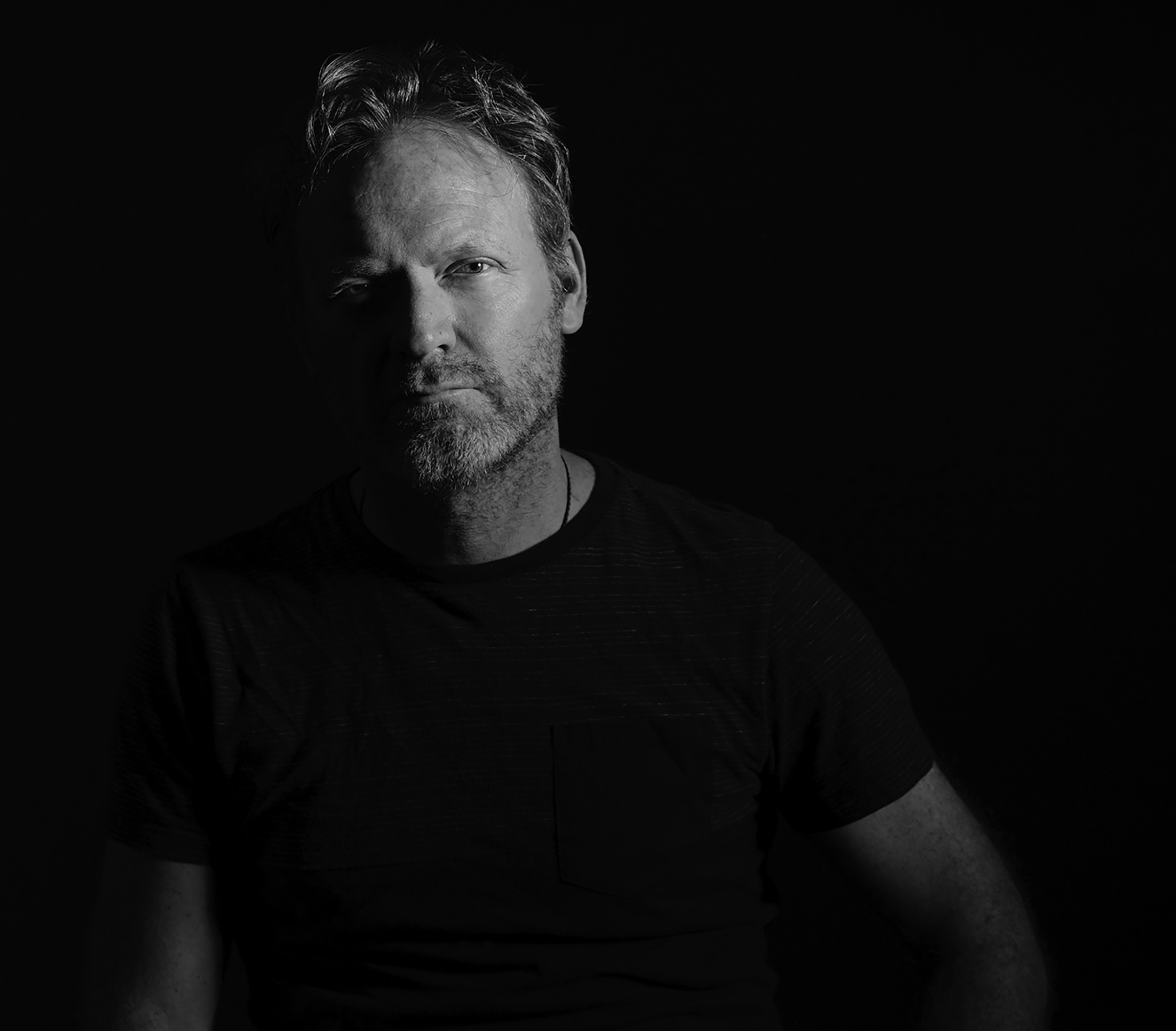We were lucky to catch up with Michael Butcher recently and have shared our conversation below.
Michael, looking forward to hearing all of your stories today. Let’s start with education – we’d love to hear your thoughts about how we can better prepare students for a more fulfilling life and career
In college, we were never taught the business side of photography. In particular, the importance of contracts and getting legal advice. Education in the arts needs a more practical emphasis on running a business and the pitfalls that can come with it.
Several years ago, I did a lot of assisting work. I was offered a contract with an established photographer that contained a non compete clause. The non compete stated that I couldn’t shoot the same type of events that this photographer specialized in three states, therefore excluding me from a large geographic area of business. I had a hunch that the perimeters of the contract were wrong, but I didn’t have foundational knowledge of exactly what was wrong. I reached out to the free legal service with APA, and the lawyer explained the illegal, or frivolous nature of it and that it would not hold up in court. The experience brought to my attention an area of weakness amidst a lot of photographers starting out. It revealed a gap in arts education, that amidst brush strokes and development of ideas is our weakness from predatory business owners and corporations.
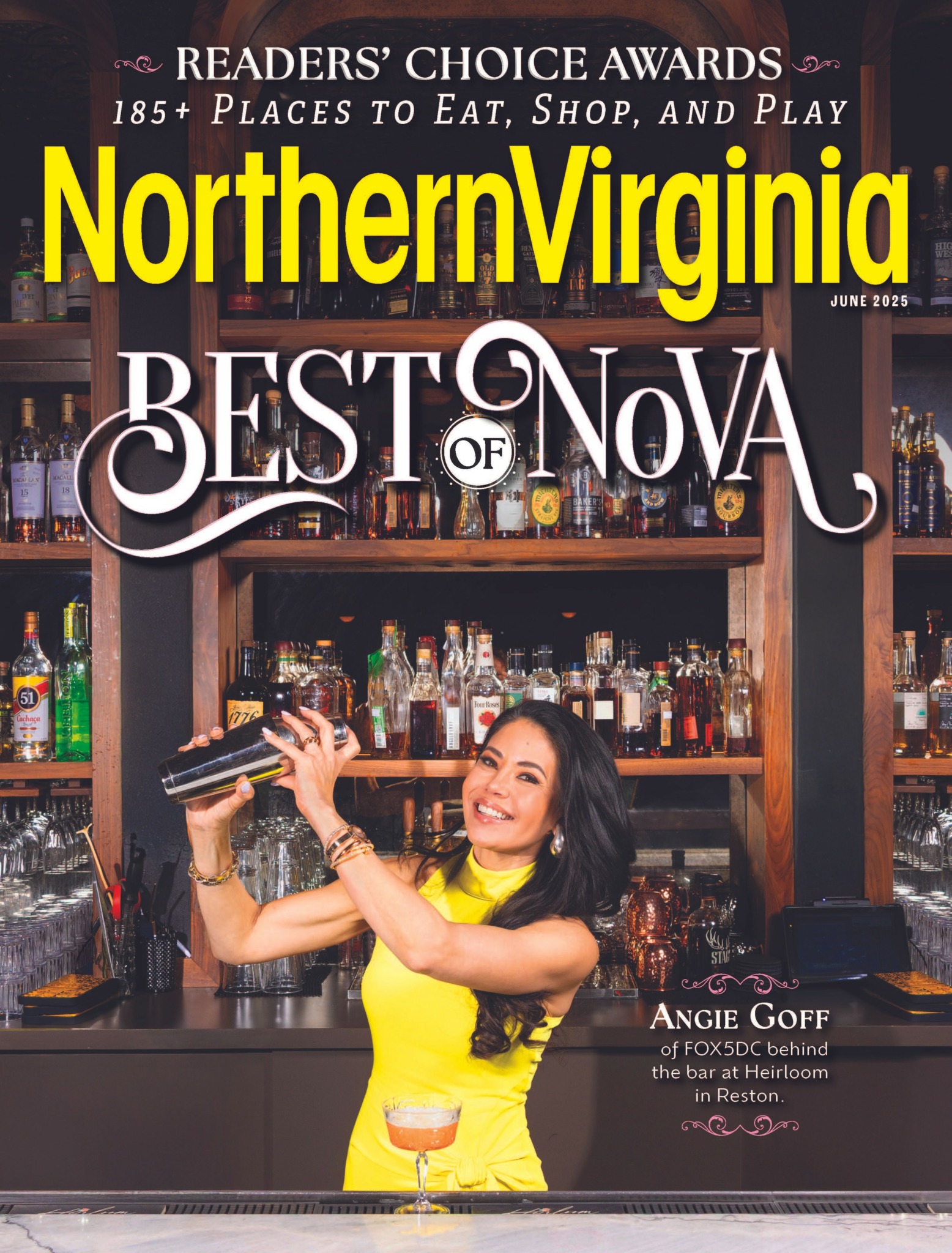
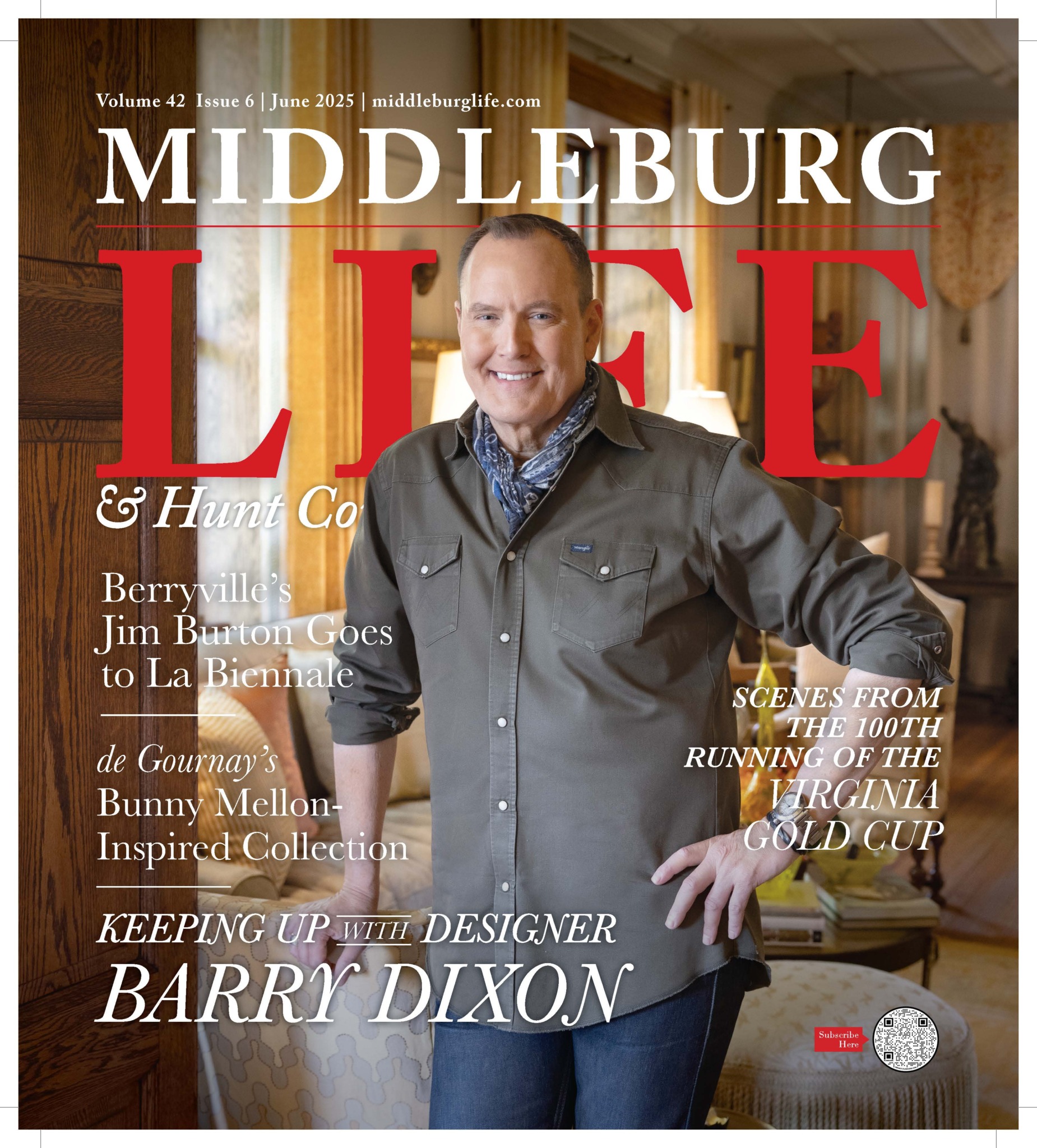
As always, we appreciate you sharing your insights and we’ve got a few more questions for you, but before we get to all of that can you take a minute to introduce yourself and give our readers some of your back background and context?
I pursued a degree as a sculptor in my home country of New Zealand, but I was too young and took myself too seriously. Over the years, I kept coming back to the arts. When I moved to the U.S., I went to Northern Virginia Community College, where I studied Art History and Photography. For a long time, photography was just a part time job while I worked full time in the restaurant industry. I would work assisting others and developing relationships with more established photographers taking any job I could get. Right before the pandemic hit, I realized I wanted to try and do photography full time. I knew I would never be able to grow my business if I didn’t put all my time into it.
That was something I was most proud of, going from an immigrant to a bartender to a full time photographer.
When I moved to running my business full time I realized I needed to focus my services. Living in a large city like DC I I tailored my skills to event and editorial photography. I chose event photography for its consistency and editorial photography for its networking possibilities and situational challenges that keep me technically flexible.
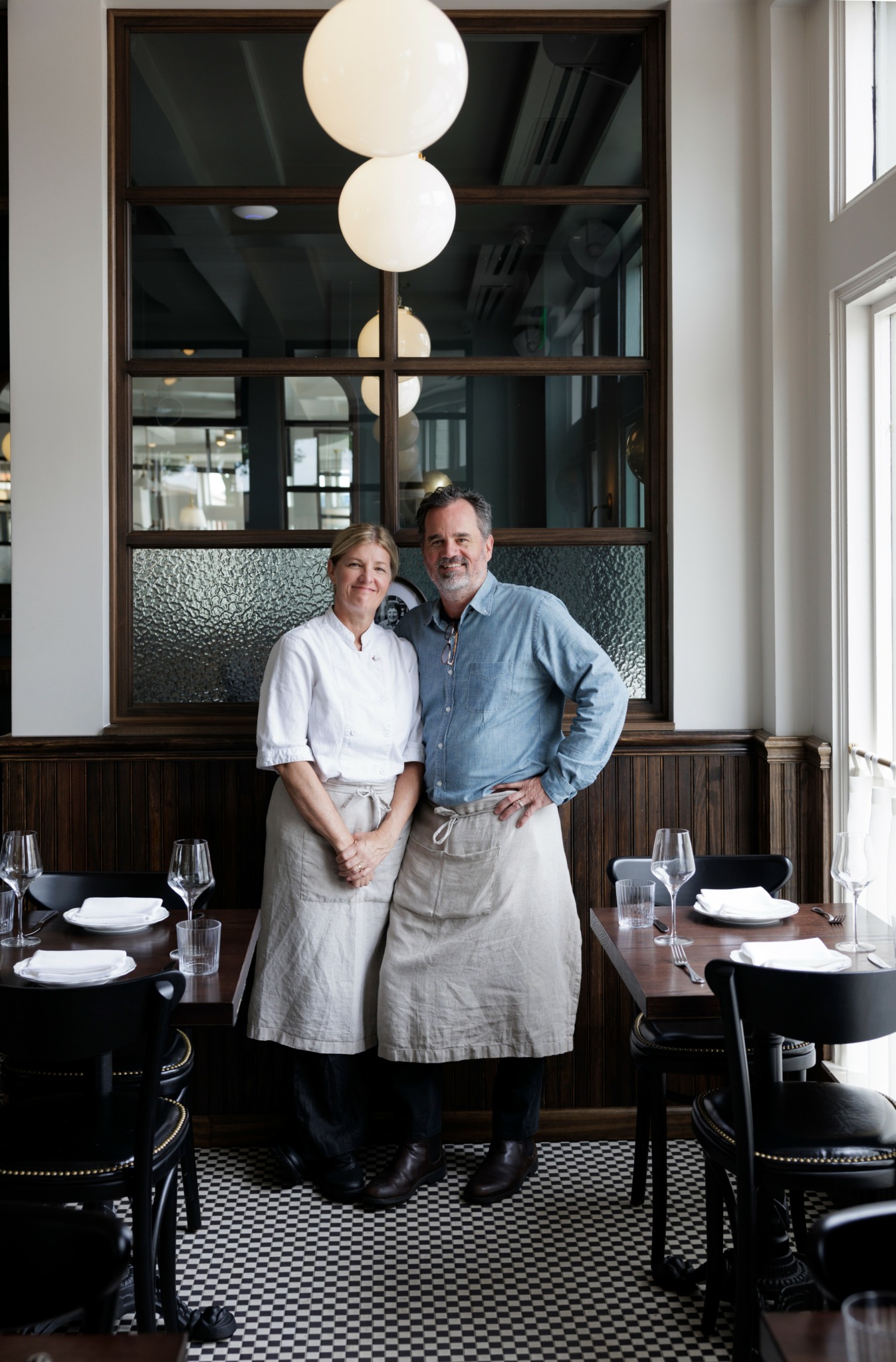
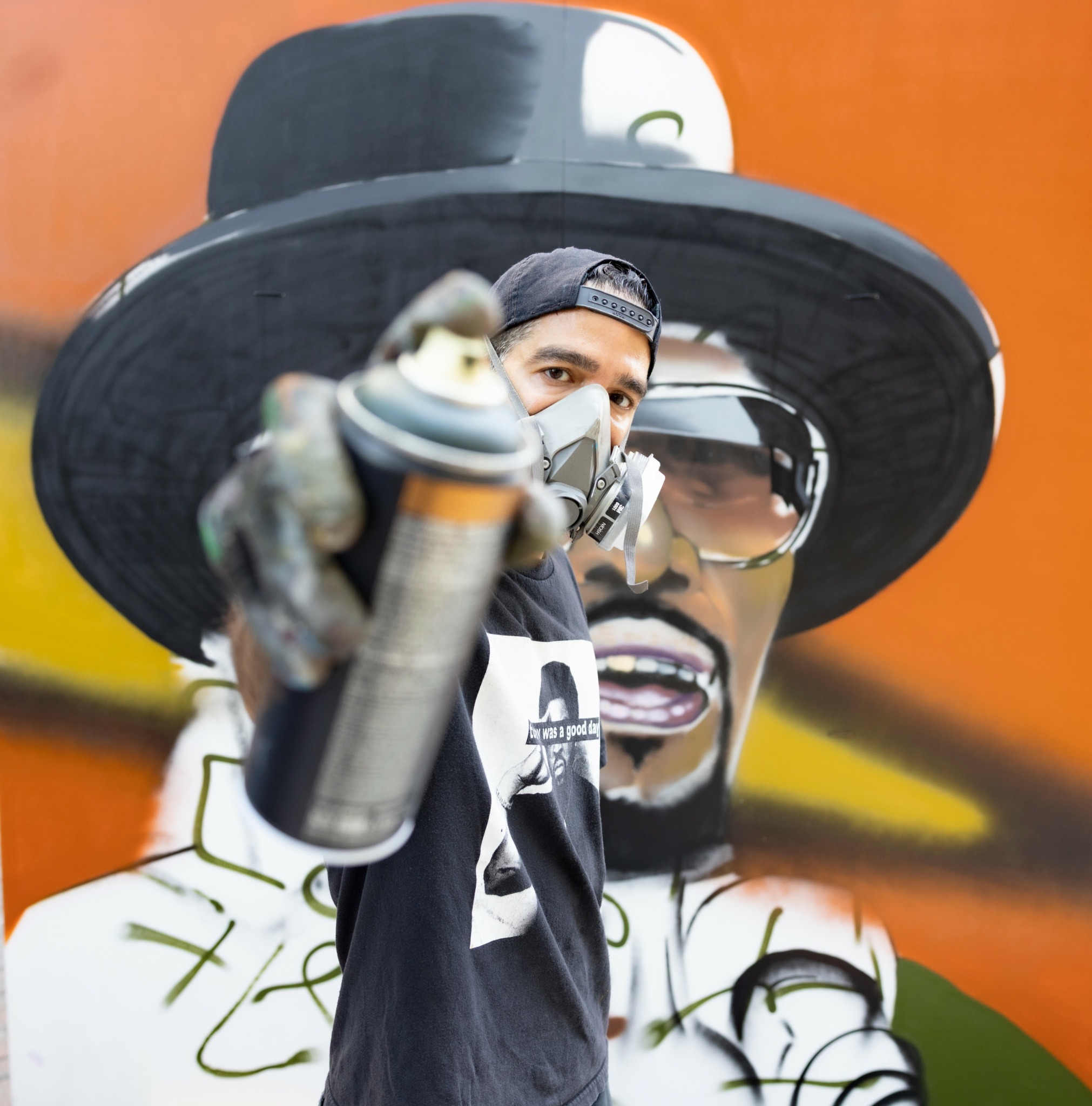
Can you talk to us about how your side-hustle turned into something more.
I had gone to Northern Virginia Community College for photography and Art History. Which gave me the skills to shot for people.
While I worked full time in the restaurant industry I would shoot for various photographers. I shot all kinds of events from birthdays and to the Kennedy Center Honors.
When the pandemic stuck the resturant industry dried up, I reflected that I was at a point when I could no longer do the hours and make so little money in the restaurant business. So I took the risk and went full time.
Having worked in the restaurant industry I was familiar with the industry so I reached out to a local magazines, and became a point person for there food photography, I also built up relationships with other photographers who would pass on jobs they couldn’t do and I have assisted when I could on model shoots, all of this helped build networks and skills that, helped further get me work.
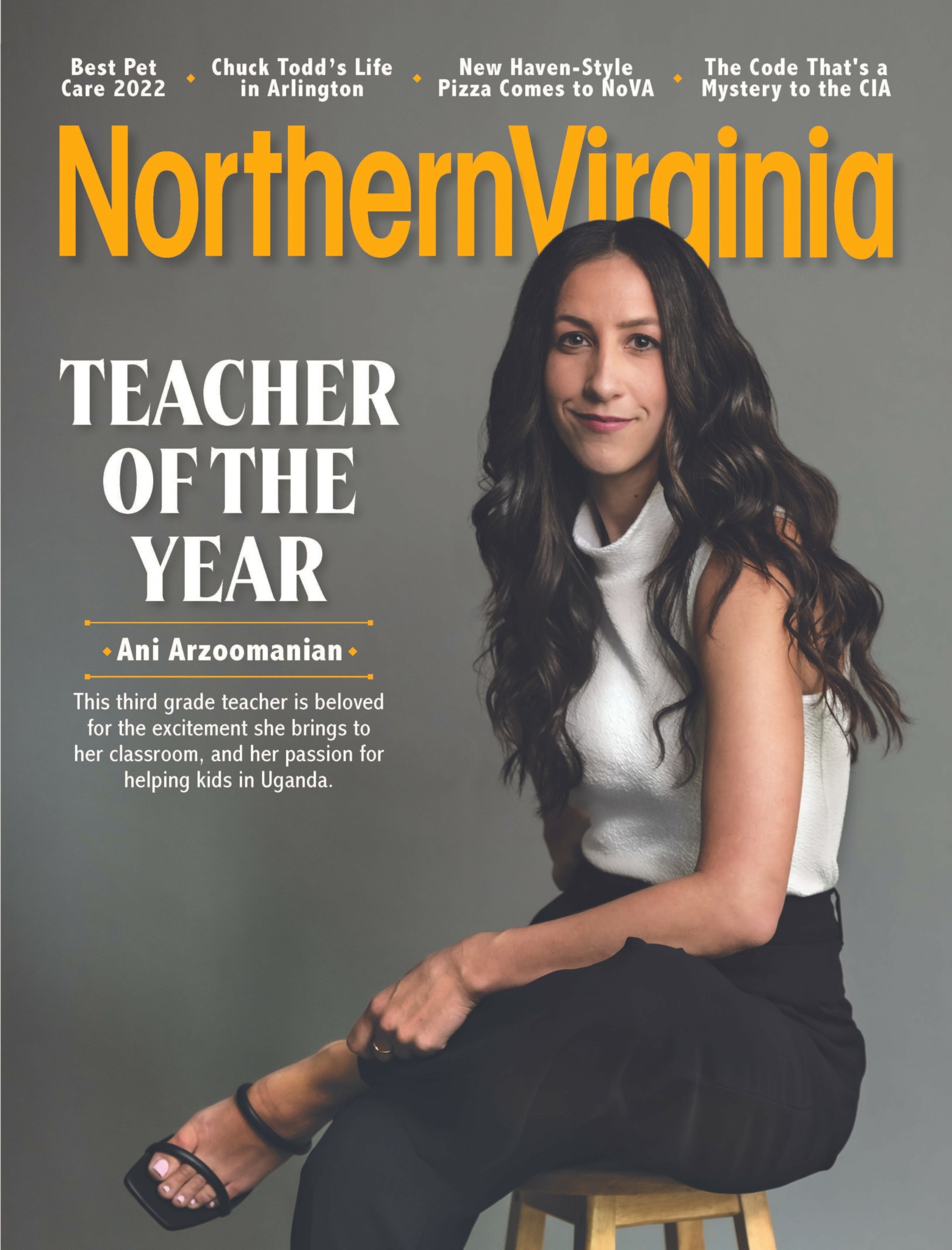
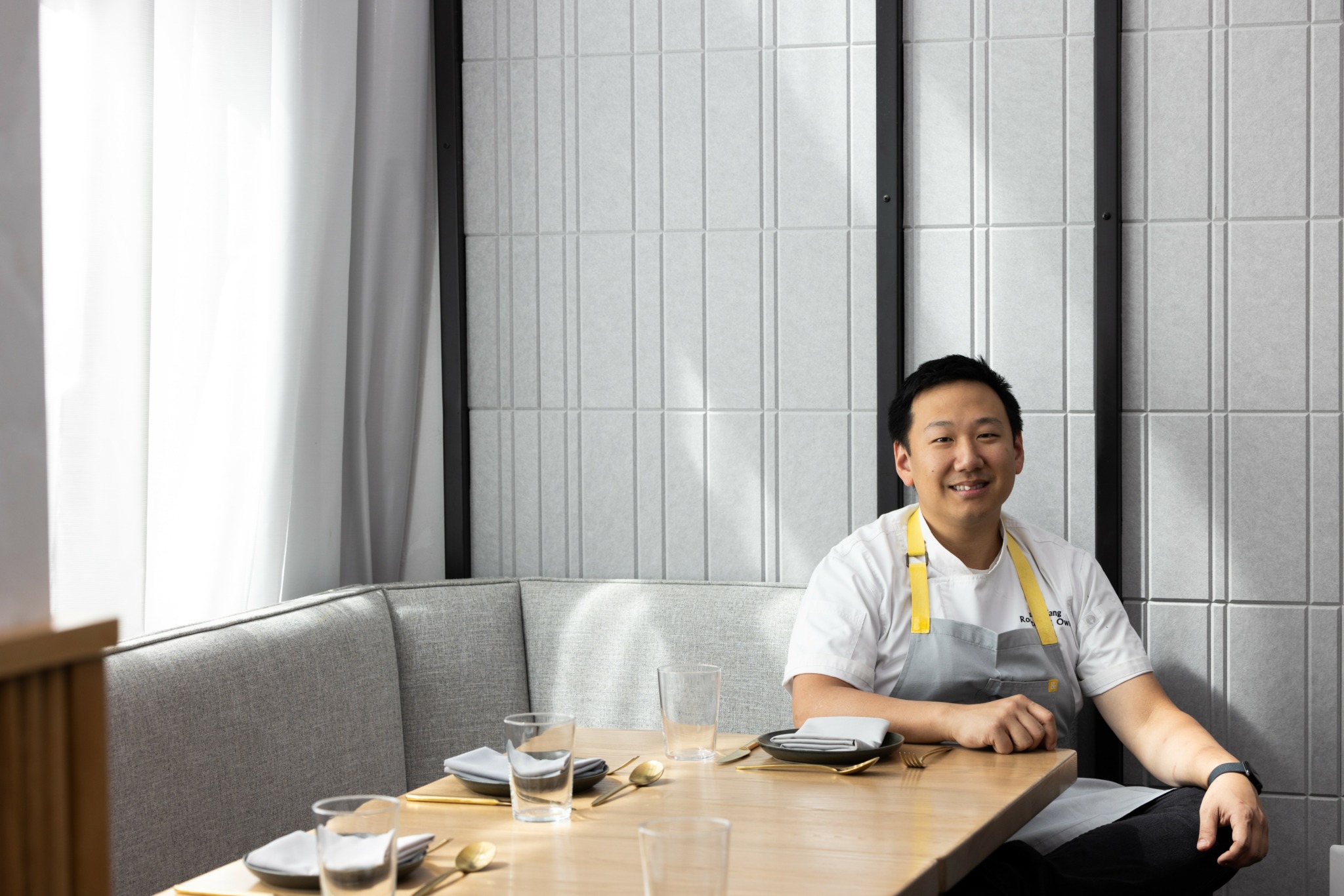
What’s worked well for you in terms of a source for new clients?
My best networking has been by me being out in the public and meeting people face to face. The most referrals I have received have been people I have meet at jobs.
I am a big fan of people assisting when they start out. I feel this is a forgotten pathway to a career. Too often people buy the camera and just jump in without building up a network of support.
Contact Info:
- Website: https://www.butcherphotography.com
- Instagram: https://www.instagram.com/butcherphotography
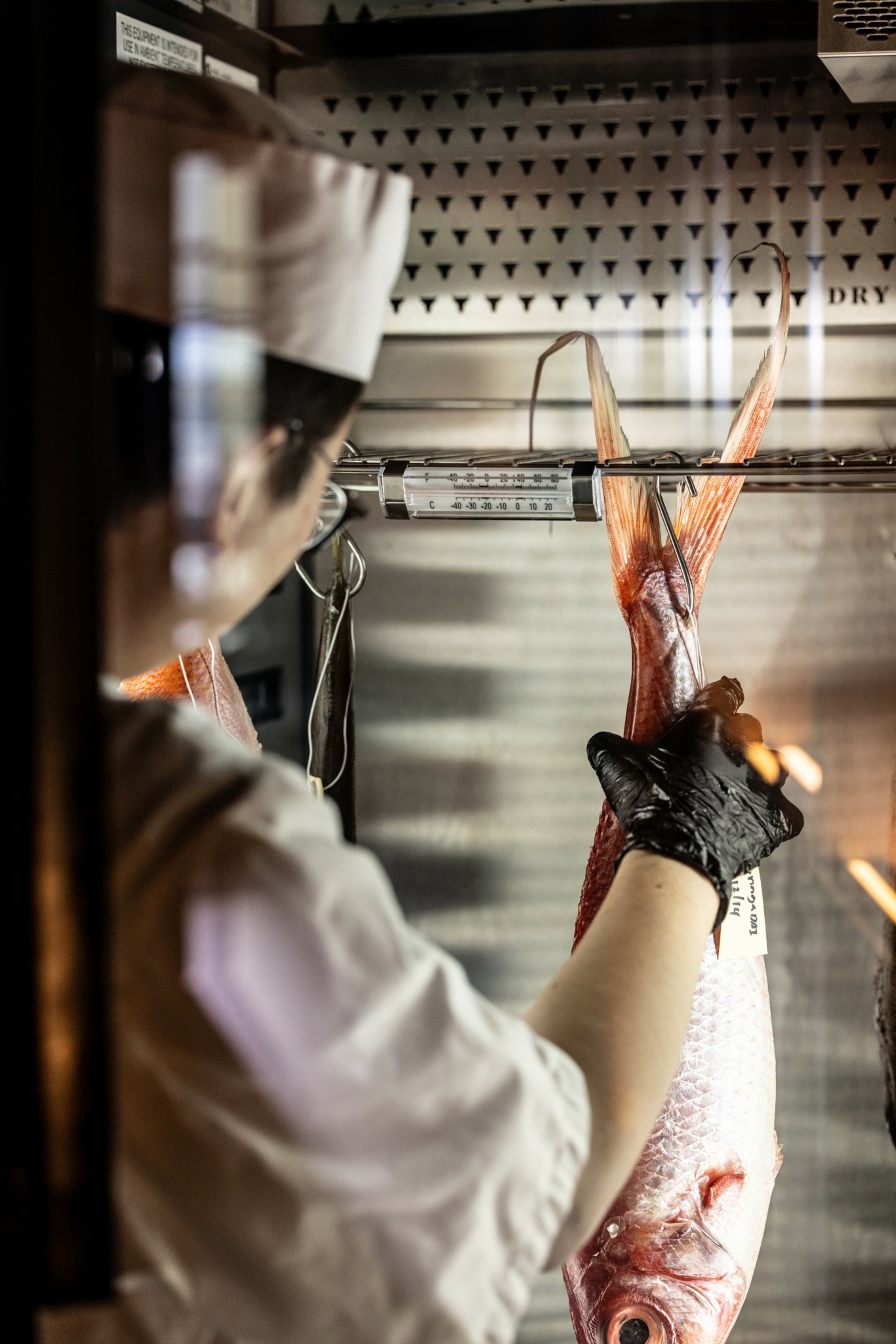
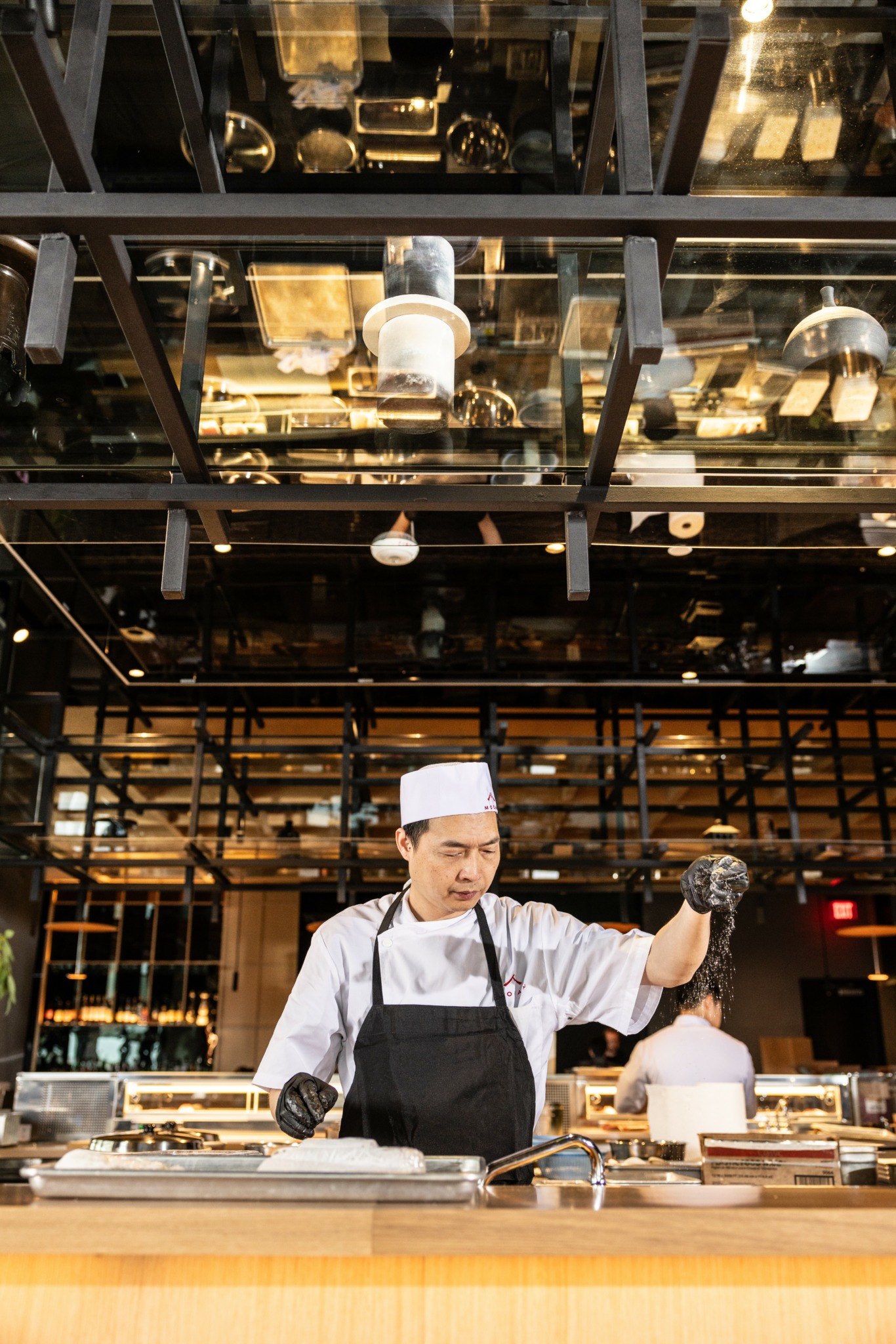
Image Credits
butcher photography.com


